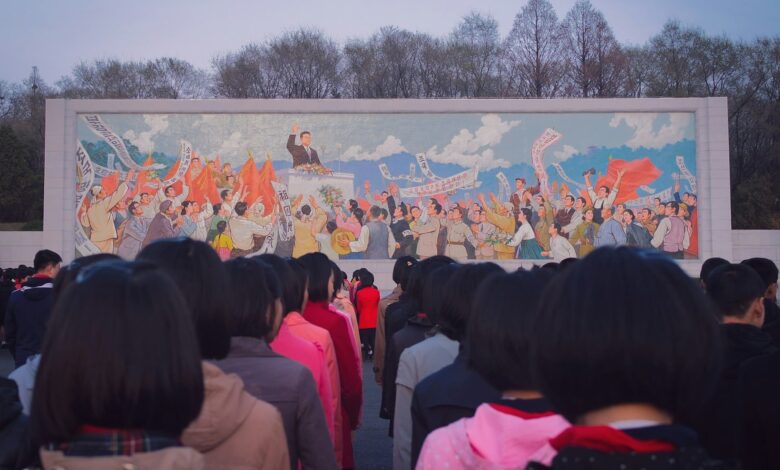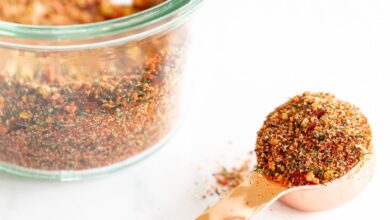Glizzy Ban: North Korea Says “No More Hot Dogs”

In North Korea, the sale of hot dogs and similar Western-inspired foods has been outlawed, a decisive move by Kim Jong Un to purge foreign influence from his tightly controlled state. That’s right; a glizzy ban is in effective. Authorities have declared these foods symbols of betrayal, with harsh penalties awaiting those who defy the ban. Vendors face forced labor for cooking or selling them as the regime intensifies its campaign against perceived capitalist infiltration.
Budae-jjigae, or “army base stew,” is among the forbidden dishes. Originating in South Korea during the Korean War, it repurposed surplus supplies like hot dogs and spam left behind by U.S. troops. Though a relic of hardship turned into a cultural icon in the South, its presence in the North since 2017 is now considered intolerable. Officials have shut down markets where the dish is sold and warned of severe consequences for violators.
A vendor in Ryanggang reported the crackdown, stating that sales have ceased altogether. Authorities have shown no signs of releasing their stringent hold on the market and threatening punishment for those caught selling hot dogs.
This purge aligns with broader efforts to eliminate what the regime deems anti-socialist behavior. Recent reports claim divorcees, labeled as subversive, can now be sentenced to labor camps for up to six months. Divorce in North Korea requires state approval and remains a deeply stigmatized act.
Kim Jong Un’s government enforces loyalty with an iron grip, quashing anything that hints at foreign influence or dissent. For the people, even food has become a battleground of control.
https://socialifestylemag.com/wp-content/uploads/2025/01/thomas-evans-pTFB6-l0OpU-unsplash.jpg
2025-01-14 12:35:18




